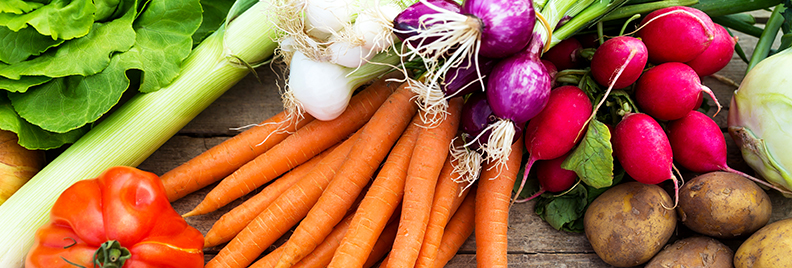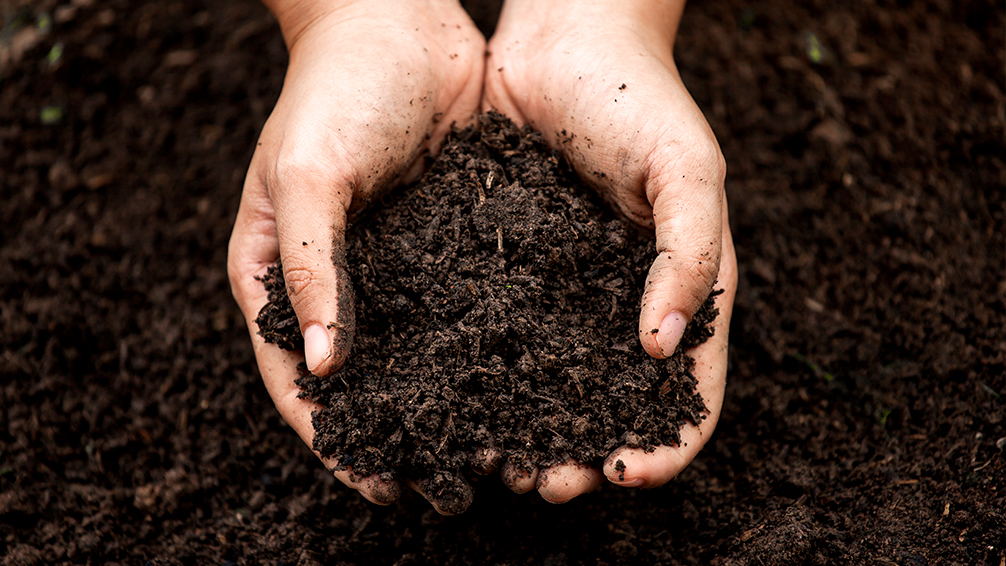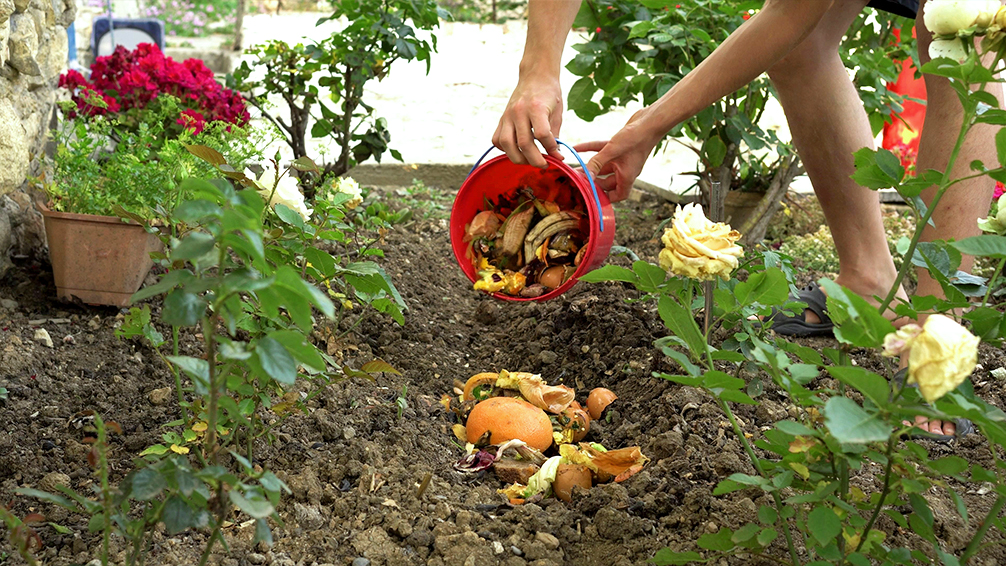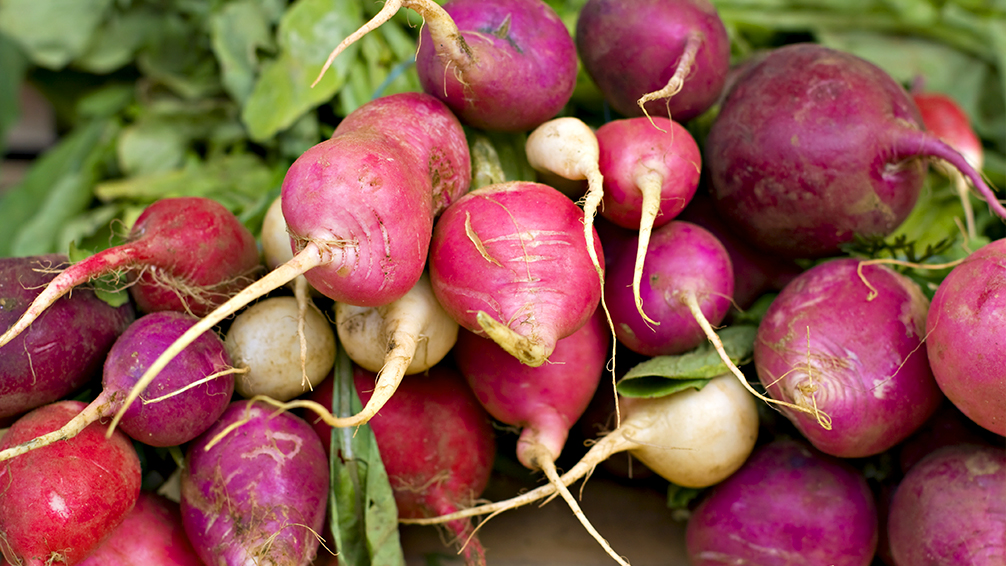
Transitioning The Veggie Garden For Fall Crops
We’re finally at that magnificent point in summer where our garden veggies are ripe for the pickin’—but while you’re busy chowing down on all the amazing food you’ve grown this season, don’t forget to start preparing for the next round of vegetable plants for fall. On top of planting all your new starters, there are a few tasks you’ll want to get out of the way at the beginning of the season, to make sure everything goes off without a hitch.
Once you’ve picked off everything there is to harvest, and your annual plants are nearing the end of their active growing period, work your way through this checklist, so your garden is ready to rock for another season.
Out with the Old
Remove all of the old plants that are on their last legs, being careful to remove all remaining roots from the soil. There’s no need to leave them in any longer once they’ve finished producing flowers or food—by this point, they’re just going to keep draining nutrients from the soil without giving us anything back in return.
If you notice any plants with signs of fungal growth or disease, be sure to dispose of them in the trash safely and not in the compost bin. Sanitize any tools that come into contact with affected plants to prevent it from spreading to your new plants. That would be a huge bummer!

Add Some Good Garden Soil
Before you start planting all your new stuff, you want to make sure that soil conditions will be comfortable, in terms of pH levels and nutrient content. We love Landscapers Pride Gardener’s Magic! All the work is done, just empty the bags into the garden then add some MicroLife Ultimate and start planting!
Mix In Lots Of Compost
After you’ve pulled out all those old plants, you’ll want to mix plenty of fresh compost or other organic material into the soil. Summer annuals and veggie plants can be really greedy feeders, and by the end of the season, your soil will be pretty depleted of healthy bacteria and nutrients. By topping it up with lots of compost, your fall crops will be well fed all season and won’t end up malnourished. Plus, rich soil that’s full of good bacteria will help your plants strengthen their defenses against pests and fungi, so they’ll be more likely to bounce back if you treat infestations early on.
Apply A Fresh Layer Of Mulch
Mulch is one of those magical materials that provides endless benefits to your garden, and it’s cheap, all-natural, and easy to use. It blocks weeds from sprouting, helps slow down moisture evaporation, and regulates soil temperature.
If you’ve already got some mulch in the garden leftover from spring and summer, you may want to consider replacing it if it’s starting to look too old and tired for your liking. However, one of the benefits of mulch is that as it starts to decompose, it delivers a bunch of nutrients into the soil, so really, it’s up to you what you want to do with the old stuff.

Plant Your Cool Weather Crops
Once your soil is all primed and ready for your next round of garden veggies, you’re ready to start planting! Unsure of what plants are suitable for growing in the fall? Here are our top picks for cool weather crops to plant in Houston:
- Broccoli
- Brussels Sprouts
- Cabbage
- Carrots
- Cauliflower
- Cilantro
- Kale
- Kohlrabi
- Leeks
- Lettuce Greens
- Parsley
- Radicchio
- Radishes
- Turnips
To see our full selection of fall veggies to plant this season, visit us in-store at Plants For All Seasons! We still have curbside pickup and delivery options available, so if you’d prefer to place an order over the phone, you can feel free to call us at the shop.

